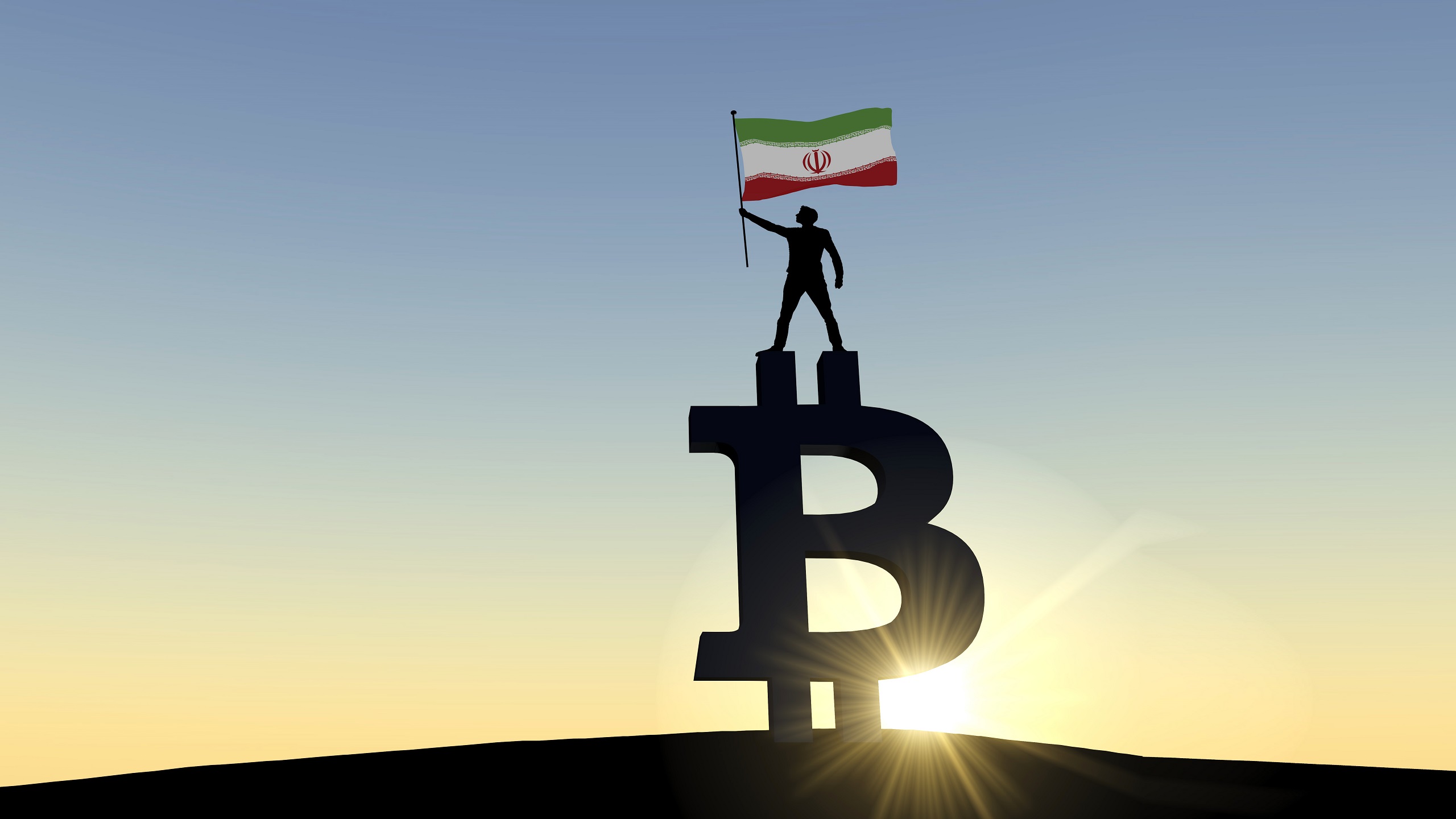Cryptocurrency: No Back Door for Iranians To Completely Avoid Sanctions
But Iran has ordered its first official import using digital assets as payment
Iran ordered its first official import shipment using cryptocurrency as payment this week, Tehran’s semiofficial Tasnim News Agency reported on Tuesday, without specifying which currency.
After the announcement of the transaction, valued at the equivalent of $10 million, an official from Iran’s Ministry of Industry, Mine and Trade tweeted, “By the end of September, the use of cryptocurrencies and smart contracts will be widely used in foreign trade with target countries.”
این هفته، اولین ثبت سفارش رسمی واردات با #رمز_ارز به ارزشی معادل ۱۰ میلیون دلار با موفقیت صورت پذیرفت. تا پایان شهریور ماه، استفاده از رمز ارزها و قراردادهای هوشمند به صورت گسترده در تجارت خارجی با کشورهای هدف عمومیت خواهد یافت. #فصل_جدید_تجارت_خارجی
— علیرضا پیمان پاک🇮🇷 (@peymanpak_ir) August 9, 2022
The move is seen as intended to circumvent the US sanctions imposed on the Islamic Republic.
“Iran has decided to use cryptocurrency because it is the easiest way to bypass the SWIFT dollar payment system,” Alex Grinberg, an Iran expert at the Jerusalem Institute for Strategy and Security, told The Media Line.
Since the establishment of the Islamic Republic in 1979, the United States has sanctioned Iran several times. The latest sets of measures, which extend from 2006 until today, have to do with Tehran’s nuclear program. In 2018, then-President Donald Trump withdrew the US from the 2015 nuclear deal reached during the Barack Obama Administration, which lifted the sanctions in exchange for Iranian promises to limit its nuclear activity. President Joe Biden’s administration is making efforts to revive the accord. Meanwhile, Iran’s economy has severely deteriorated.
In May 2021, the London-based blockchain analytics firm Elliptic estimated that around 4.5% of all bitcoin mining takes place in Iran, because of the low cost of electricity there.
“Bitcoin miners run power-hungry computers, which process new transactions and add them to the blockchain. In return, the miners are rewarded with bitcoins − both from transaction fees as well as the minting of new bitcoins. The mining process effectively converts energy into cryptocurrency,” Elliptic’s study explained.
Nemin Shah, founder and director of EQX Business Consultancy Private Ltd., said Tehran may have become convinced of cryptocurrencies’ capabilities after seeing Russia use them.
“Russian millionaires have used cryptos to circumvent US sanctions and there is no reason why Iran cannot do the same,” Shah told The Media Line.
Iran was the most sanctioned country in the world until February 2022, when Russia took over first place after its invasion of Ukraine.
Jason M. Blazakis, a senior research fellow at the Soufan Center in New York, noted that Iran is able to use cryptocurrency to avoid sanctions because not all crypto exchanges are implementing the measures pursuant to US law.
In some cases this is willful and in other cases, it may be because the compliance teams at these firms are still in their nascent state, he said.
“Let’s keep in mind that the formal financial sector, i.e. banks, has had more than 50 years to implement anti-money laundering- and sanctions-related laws and regulations. The crypto field is still very new and ripe for exploitation,” said Blazakis.
Grinberg noted, however, that despite the success of the technique, it will not be enough to replace all the sanctioned transactions and completely revive the Iranian economy.
It is definitely a way to bypass the sanctions, he said, “yet it cannot satisfy all Iran’s needs. Ditto regarding cryptocurrency itself. One can use it but only as one of many tools. It cannot substitute for large quantities [of transactions].”
Shah added that the success of similar payments in the future depends on the counterparties.
For instance, he noted that such a transaction could be carried out when the trading partner is from Russia or the United Arab Emirates, as both countries have a positive stance on cryptocurrencies.
On the other hand, he added, “it cannot be done when the trading partner is from India or China. China has banned crypto and there is uncertainty over India’s stance.”
Shah said there is little the US can do to avoid the practice at present, due to how cryptocurrencies work.
Blazakis agreed and added that the US has discovered blatant cases of cryptocurrency-related entities that facilitated virtual currency transactions for countries subject to UN or US sanctions.
The US fined the companies and in some cases seized billions of dollars’ worth of cryptocurrency or frozen virtual wallets known to hold illicitly acquired crypto coins, he explained.
“Regulators are aware of this and are taking action, but it is still the Wild West out there when it comes to crypto transactions. It will take many years before enforcement and regulators catch up to every Iran or DPRK [North Korean] crypto transaction that may violate sanctions measures,” Blazakis said.


